Close
- Learning Methods
- Courses
- Course library
- FIND YOUR INDUSTRY >
- Mandatory Care
- ⚪ Mandatory Care Overview
- Care Certificate
- Dementia Awareness
- Equality and Diversity
- Fire Safety Awareness
- First Aid Awareness
- Food Safety Level 2 Awareness
- Health and Safety Awareness
- Infection Control Awareness
- Infection Control Advanced
- Medication Awareness
- Medication Advanced
- Moving and Handling of People
- Safeguarding Adults Level 1
- Safeguarding Children Level 1
- Care Skills
- ⚪ Care Skills Overview
- Autistic Spectrum Disorder Awareness
- Autistic Spectrum Disorder Level 3
- Bed Rails and Risk Management Awareness
- Care Planning
- Communication and Record Keeping
- Developing the Role of Activities Coordinators
- Diet and Nutrition Awareness
- Dignity, Privacy and Respect Awareness
- Duty Of Care Awareness
- Fall Prevention Awareness
- Loss and Bereavement
- Mental Capacity Act and Deprivation of Liberties Awareness
- Palliative and End of Life Care
- Person Centred Care Awareness
- Personal Care
- The Use of PPE
- Verification of Death
- Safeguarding
- ⚪ Safeguarding Overview
- Bullying and Harassment
- Challenging Behaviour Awareness
- Child Protection Awareness
- Child Sexual Exploitation
- Conflict Management
- County Lines and Knife Crime
- FGM Awareness
- Forced Marriage Awareness
- Honour Based Abuse and Forced Marriage
- Internet Safety Awareness
- Lone Working Awareness
- Modern Day Slavery Awareness
- Preventing Radicalisation
- Safeguarding Adults Level 1
- Safeguarding Adults Level 2
- Safeguarding Adults Level 3
- Safeguarding Children Level 1
- Safeguarding Children Level 2
- Safeguarding Children Level 3
- Clinical Care
- ⚪ Clinical Care Overview
- Artificial Ventilation
- Basic Observations
- Blood Transfusions
- Brain Injury ABI and TBI
- Cannulation
- Catheterisation Awareness
- Catheterisation Male and Female
- Dysphagia Care
- IV Drug Therapy
- Lidocaine Infusion
- Oxygen Therapy
- PEG Feeding
- Pressure Care and Moisture Lesion Awareness
- Pressure Sore Awareness
- Tracheostomy Awareness
- Sharps and Needles Awareness
- Suction and Nebuliser Training
- Suppository Administration
- Venepuncture Awareness
- Your Health Career and Professional Development
- Specialist Care
- ⚪ Specialist Care Overview
- Constipation Basic Awareness
- Diabetes Awareness
- Duty of Candour
- Epilepsy Awareness
- Epilepsy Advanced
- Highest Education Certificate
- Information Governance Awareness
- Learning Disabilities Awareness
- Oral Health Awareness
- Parkinson's Disease Awareness
- Passport As Proof
- Physical Intervention
- Prader-Willi Syndrome
- SALT (Speech and Language Therapy)
- Sensory Impairment Awareness
- Sepsis Awareness
- Stoma Care Awareness
- Stroke Awareness
- Mental Health
- Health and Safety Essentials
- ⚪ Health and Safety Essentials Overview
- Asbestos Awareness
- Concussion Awareness
- COSHH Awareness
- Display Screen Equipment Awareness
- Evacuation Chair
- Health and Safety Awareness
- Infection Control Awareness
- Infection Control Advanced
- Legionella Awareness
- Manual Handling of Inanimate Objects
- RIDDOR Awareness
- Risk Assessment Awareness
- Slips Trips and Falls
- Working at Height
- Health and Safety Train The Trainer
- ⚪ Health and Safety Train The Trainer Overview
- Abrasive Wheels Train the Trainer
- Asbestos Awareness Train the Trainer
- Basic Life Support Train the Trainer
- COSHH Train the Trainer
- Emergency First Aid Awareness Train the Trainer
- Equality and Diversity Train the Trainer
- Evacuation Chair Train the Trainer
- Fire Marshal Train the Trainer
- Fire Safety Train the Trainer
- Food Safety Awareness Train the Trainer
- Health and Safety Train the Trainer
- Infection Control Train the Trainer
- Legionella Awareness Train the Trainer
- Manual Handling of Inanimate Objects Train the Trainer
- Working at Height Train the Trainer
- Care Train The Trainer
- ⚪ Care Train The Trainer Overview
- Autism Awareness Train the Trainer
- Care Planning Train the Trainer
- Challenging Behaviour Train the Trainer
- Dementia Train the Trainer
- Diabetes Train the Trainer
- End of Life Care Train the Trainer
- Epilepsy Train the Trainer
- Epilepsy Advanced Train the Trainer
- Fall Prevention Train the Trainer
- Infection Control Train the Trainer
- Medication Train the Trainer
- Medication Advanced Train the Trainer
- Mental Capacity Act and Deprivation of Liberties Train the Trainer
- Mental Health Awareness Train the Trainer
- Moving and Handling of People Train the Trainer
- Moving and Handling of People Train the Trainer Refresher
- Physical Intervention Train the Trainer
- Pressure Sore Train the Trainer
- Safeguarding Adults Train the Trainer
- Safeguarding Children Train the Trainer
- Stroke Awareness Train the Trainer
- First Aid
- Business Compliance
- Soft Skills
- Fire Safety
- Food Safety
- Education Essentials
- ⚪ Education Essentials Overview
- ⚪ Safeguarding for Education Overview
- ⚪ Mental Health for Education Overview
- ⚪ Health and Safety for Education Overview
- ⚪ Compliance for Education Overview
- Child Neglect
- Child Protection Awareness
- Safeguarding Children in Education Level 1
- Safeguarding Children in Education Level 2
- Safeguarding Children in Education Level 3
- Concussion in Schools
- Dyslexia Awareness
- Equality and Diversity in Education
- Fire Safety in Education
- Food Hygiene and Safety in Education
- Mental Wellbeing in Children & Young People
- Peer on Peer Abuse
- Safer Recruitment in Education
- SEND Code of Practice
- Serious Youth Violence
- Understanding Anxiety in Education
- and more!
- Hospitality Essentials
- Pricing
- Resources
- Contact
- Login
- Learning Methods
- Courses
- Course library
- FIND YOUR INDUSTRY >
- Mandatory Care
- ⚪ Mandatory Care Overview
- Care Certificate
- Dementia Awareness
- Equality and Diversity
- Fire Safety Awareness
- First Aid Awareness
- Food Safety Level 2 Awareness
- Health and Safety Awareness
- Infection Control Awareness
- Infection Control Advanced
- Medication Awareness
- Medication Advanced
- Moving and Handling of People
- Safeguarding Adults Level 1
- Safeguarding Children Level 1
- Care Skills
- ⚪ Care Skills Overview
- Autistic Spectrum Disorder Awareness
- Autistic Spectrum Disorder Level 3
- Bed Rails and Risk Management Awareness
- Care Planning
- Communication and Record Keeping
- Developing the Role of Activities Coordinators
- Diet and Nutrition Awareness
- Dignity, Privacy and Respect Awareness
- Duty Of Care Awareness
- Fall Prevention Awareness
- Loss and Bereavement
- Mental Capacity Act and Deprivation of Liberties Awareness
- Palliative and End of Life Care
- Person Centred Care Awareness
- Personal Care
- The Use of PPE
- Verification of Death
- Safeguarding
- ⚪ Safeguarding Overview
- Bullying and Harassment
- Challenging Behaviour Awareness
- Child Protection Awareness
- Child Sexual Exploitation
- Conflict Management
- County Lines and Knife Crime
- FGM Awareness
- Forced Marriage Awareness
- Honour Based Abuse and Forced Marriage
- Internet Safety Awareness
- Lone Working Awareness
- Modern Day Slavery Awareness
- Preventing Radicalisation
- Safeguarding Adults Level 1
- Safeguarding Adults Level 2
- Safeguarding Adults Level 3
- Safeguarding Children Level 1
- Safeguarding Children Level 2
- Safeguarding Children Level 3
- Clinical Care
- ⚪ Clinical Care Overview
- Artificial Ventilation
- Basic Observations
- Blood Transfusions
- Brain Injury ABI and TBI
- Cannulation
- Catheterisation Awareness
- Catheterisation Male and Female
- Dysphagia Care
- IV Drug Therapy
- Lidocaine Infusion
- Oxygen Therapy
- PEG Feeding
- Pressure Care and Moisture Lesion Awareness
- Pressure Sore Awareness
- Tracheostomy Awareness
- Sharps and Needles Awareness
- Suction and Nebuliser Training
- Suppository Administration
- Venepuncture Awareness
- Your Health Career and Professional Development
- Specialist Care
- ⚪ Specialist Care Overview
- Constipation Basic Awareness
- Diabetes Awareness
- Duty of Candour
- Epilepsy Awareness
- Epilepsy Advanced
- Highest Education Certificate
- Information Governance Awareness
- Learning Disabilities Awareness
- Oral Health Awareness
- Parkinson's Disease Awareness
- Passport As Proof
- Physical Intervention
- Prader-Willi Syndrome
- SALT (Speech and Language Therapy)
- Sensory Impairment Awareness
- Sepsis Awareness
- Stoma Care Awareness
- Stroke Awareness
- Mental Health
- Health and Safety Essentials
- ⚪ Health and Safety Essentials Overview
- Asbestos Awareness
- Concussion Awareness
- COSHH Awareness
- Display Screen Equipment Awareness
- Evacuation Chair
- Health and Safety Awareness
- Infection Control Awareness
- Infection Control Advanced
- Legionella Awareness
- Manual Handling of Inanimate Objects
- RIDDOR Awareness
- Risk Assessment Awareness
- Slips Trips and Falls
- Working at Height
- Health and Safety Train The Trainer
- ⚪ Health and Safety Train The Trainer Overview
- Abrasive Wheels Train the Trainer
- Asbestos Awareness Train the Trainer
- Basic Life Support Train the Trainer
- COSHH Train the Trainer
- Emergency First Aid Awareness Train the Trainer
- Equality and Diversity Train the Trainer
- Evacuation Chair Train the Trainer
- Fire Marshal Train the Trainer
- Fire Safety Train the Trainer
- Food Safety Awareness Train the Trainer
- Health and Safety Train the Trainer
- Infection Control Train the Trainer
- Legionella Awareness Train the Trainer
- Manual Handling of Inanimate Objects Train the Trainer
- Working at Height Train the Trainer
- Care Train The Trainer
- ⚪ Care Train The Trainer Overview
- Autism Awareness Train the Trainer
- Care Planning Train the Trainer
- Challenging Behaviour Train the Trainer
- Dementia Train the Trainer
- Diabetes Train the Trainer
- End of Life Care Train the Trainer
- Epilepsy Train the Trainer
- Epilepsy Advanced Train the Trainer
- Fall Prevention Train the Trainer
- Infection Control Train the Trainer
- Medication Train the Trainer
- Medication Advanced Train the Trainer
- Mental Capacity Act and Deprivation of Liberties Train the Trainer
- Mental Health Awareness Train the Trainer
- Moving and Handling of People Train the Trainer
- Moving and Handling of People Train the Trainer Refresher
- Physical Intervention Train the Trainer
- Pressure Sore Train the Trainer
- Safeguarding Adults Train the Trainer
- Safeguarding Children Train the Trainer
- Stroke Awareness Train the Trainer
- First Aid
- Business Compliance
- Soft Skills
- Fire Safety
- Food Safety
- Education Essentials
- ⚪ Education Essentials Overview
- ⚪ Safeguarding for Education Overview
- ⚪ Mental Health for Education Overview
- ⚪ Health and Safety for Education Overview
- ⚪ Compliance for Education Overview
- Child Neglect
- Child Protection Awareness
- Safeguarding Children in Education Level 1
- Safeguarding Children in Education Level 2
- Safeguarding Children in Education Level 3
- Concussion in Schools
- Dyslexia Awareness
- Equality and Diversity in Education
- Fire Safety in Education
- Food Hygiene and Safety in Education
- Mental Wellbeing in Children & Young People
- Peer on Peer Abuse
- Safer Recruitment in Education
- SEND Code of Practice
- Serious Youth Violence
- Understanding Anxiety in Education
- and more!
- Hospitality Essentials
- Pricing
- Resources
- Contact
- Login

-1.webp?width=243&height=74&name=Logo%20R%20Homepage%20White%20Final%20Horizontal%20Large%20NEW%20small%20(2)-1.webp)






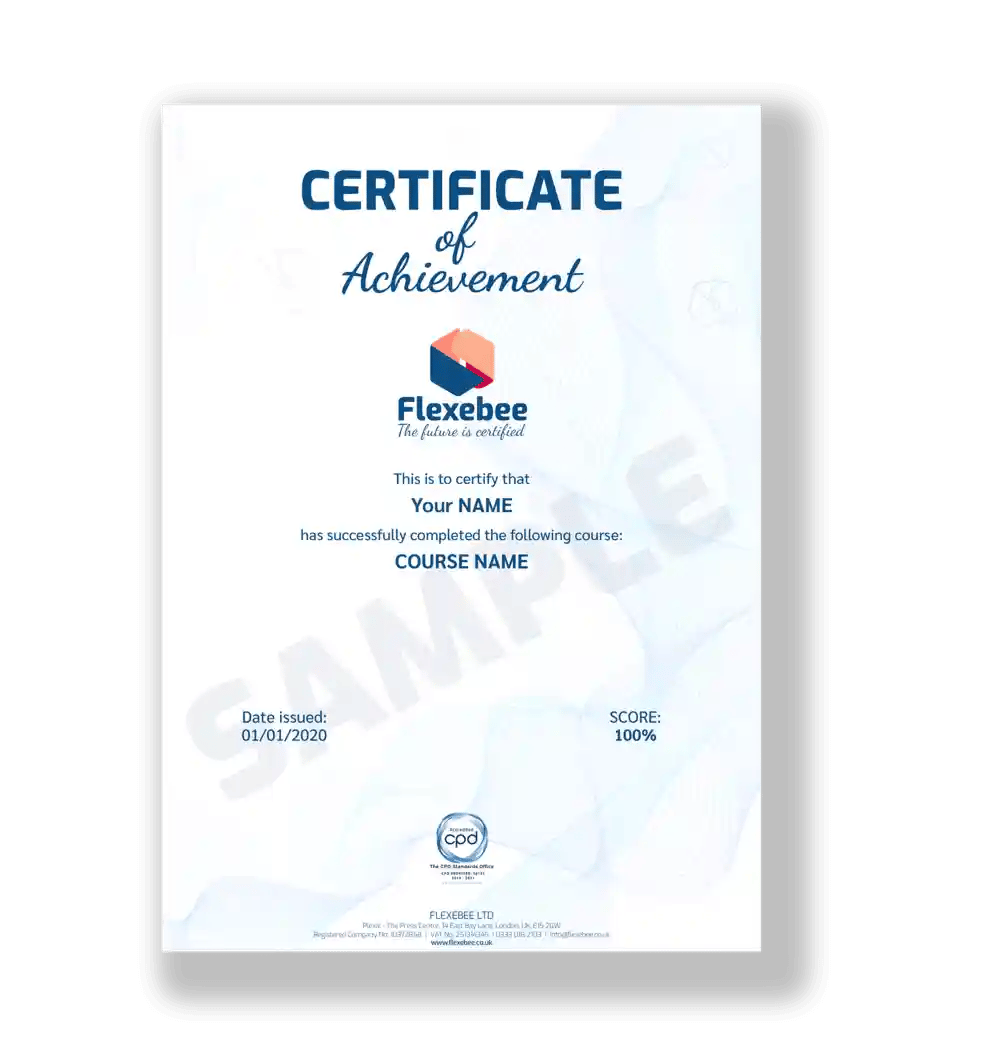

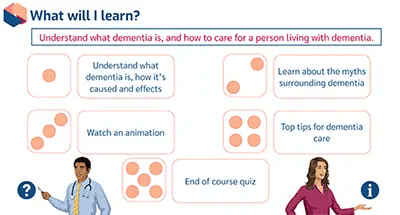
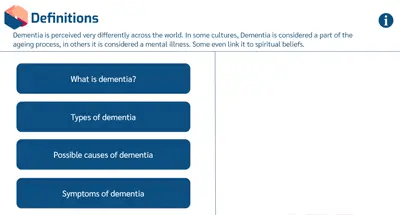
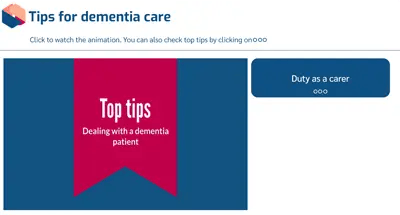
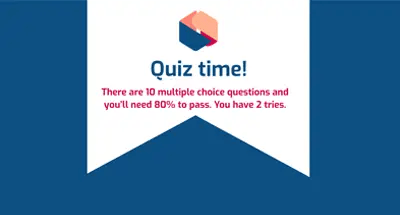



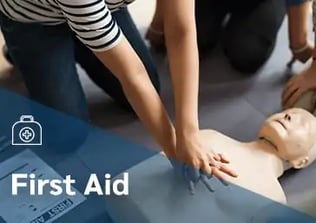





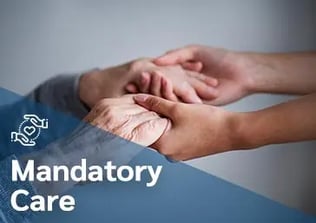










-1.webp?width=50&height=59&name=Cyber%20Essentials%20Badge%20Large%20NEW%20(72dpi)-1.webp)